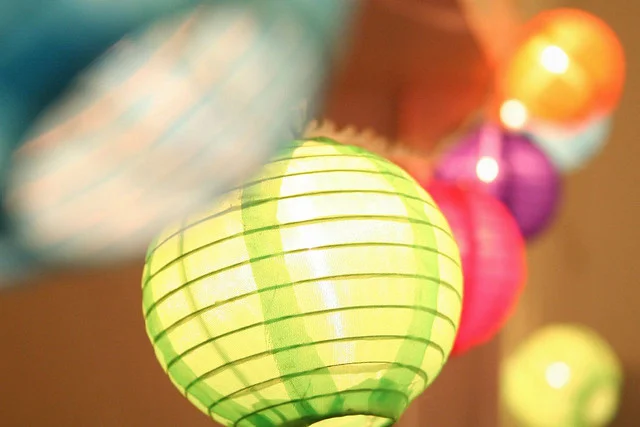I’m thinking about time—and how much more I want to write. Some of the most motivated writers I know and work with keep a sense of urgency pulling them forward: Someone close becomes gravely ill. A parent dies. A car swerves into their lane on the way home and crashes into the timeline they’d envisioned, that long life full of days to spend thinking about what they might get around to next year or the next.
Time shifts. It loses its the slipperiness that lets us imagine it into any dimensions we choose and reveals itself to be bracingly finite. Precious.
‘I’m an artist. What else would I do right now but this?’
A friend from the gym is 81, and her cancer’s back. Gloria’s optimistic, and intensely focused. “I’ve been tired,” she told me, “but I’m almost done with my children’s book, so I’ve been at my computer working on it.” A week into chemo, she brought the book in to show me, the tale of a mouse—“not a Disney mouse, but a wild one”—who joins the circus. “I’m an artist,” she says. “What else would I do right now but this?”
Gloria's book is full of encouragement as it traces the intrepid rodent’s journey to the big top: Take a chance, the story line suggests. Have an adventure! Try again when something goes wrong during the show! I’m listening to all of that, letting the art seep in as I let Gloria’s clarity about the importance of this work we do—even when it’s “just for ourselves”—reinforce mine.
The art of making our best work urgent
You’re probably familiar with the distinction Steven Covey, the late business guru, makes between what’s important and what’s urgent. Urgent tasks, he says, are the sometimes inconsequential ones that make lots of noise and, with their deadlines or importance to someone else, tend to crowd out truly significant priorities that don’t have a screaming boss, finger-drumming client or child attached.
He advocates focusing on the important, in our case the novels or stories or essays or poems that no one’s paying us to write or expecting from us by a particular date. I’ll be filling the coming year with a stream of prompts, pushes, and practices to keep my own important projects sanely infused with a sense of urgency over the long haul.
Some of that will involve setting deadlines and creating time-based containers for work—five poems in five days once in a while, for instance—and some will no doubt mean making and keeping promises to someone else, because there’s magic in contracts and commitments, unsexy as those words sound.
I’m not envisioning a yearlong sprint or even a fast start. Just a walk-run steadiness that builds intensity, eases off and builds again, filling growing stretches of time with writing, with presence. I’ll share what I’m doing along the way. Maybe you’ll come too?
So, are you game?
I hope you will join me in trying to marry your truly important work with a sense of urgency. Urgent comes from the Latin for “to press or to drive,” and in tapping urgency, we unleash its driving energy, channeling the push to create instead of wait.
It can feel like wind at your back.
Looking ahead to the next 12 months, what’s the slightly scary, undeniably important-to-your writing goal you could elevate to urgent by announcing it to the world (or us) and moving toward at a solid walk-run pace? If you’re feeling bold, declare it in the comments below, and I’ll tell you mine. We can support each other as we go.
If you want concentrated help to get you going, check the “Work With Donna” page. And feel free to use the Contact page if you want dream up other ways we can work together.
(Clock image by Zorin Denu via Flickr.)
P.S. A tracking tool I like
I’m not a big believer in starting a new project or renewed push with a new notebook (see this post if you’ve got the starting-gate stationery fetish), but I do like toys and treats, so I’ve been playing lately with an app called Chains, available at chains.cc. It’s another of the tools based on the old Seinfeld idea “don’t break the chain” of days on which you stay true to a chosen habit. I’ve been using the desktop version, but there’s also an iPhone app (nothing for Android mobiles yet).
In Chains, you can track multiple habits, and each time you click a date to indicate you’ve, say, done your writing practice or made time to work on your fiction, you activate a graphic (you can choose among several) that changes in surprising ways as your “chain” gets longer. Currently, I’m tracking the growth of a yellow crayon, a flower in a pot and a rugged-looking iron chain.
If you liked gold stars, you’ll enjoy this century’s variation. For support (or competition) you can form or join groups of people tracking similar habits/commitments. You’ll find many writers and readers in the Chains community. If you’d like to play with this in the company of other Let’s Write This writers, let me know below and I’ll set up a group.




